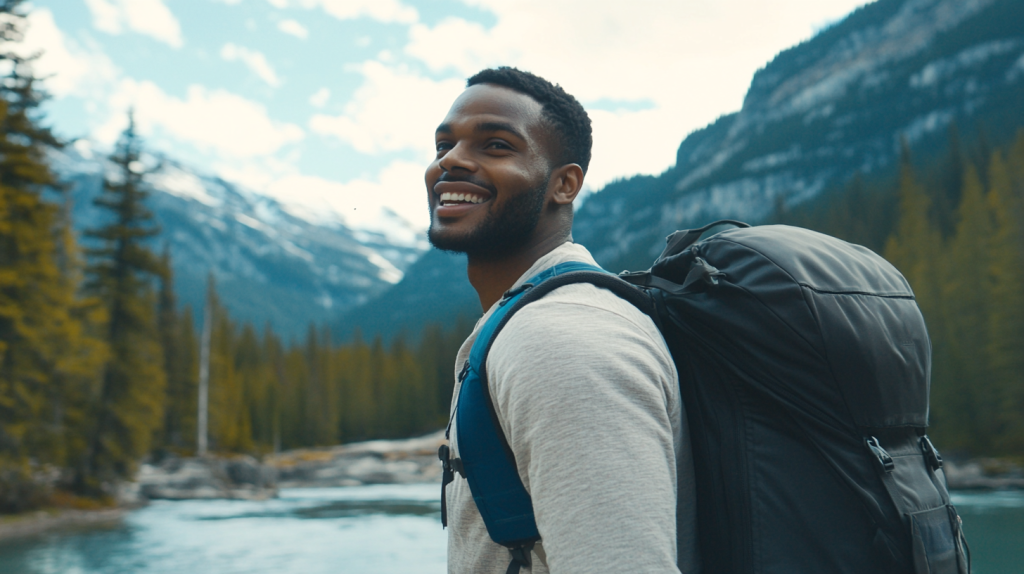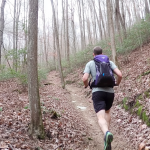When most people hear about rucking, their first thought is something along the lines of, “Wait, you’re just walking with a heavy backpack?” It might sound simple—and it is—but what they don’t realize is how transformative rucking can be, not just for your body, but for your mental health. I’m speaking from personal experience here: rucking has been my go-to for keeping my head in the right place, even on the toughest days.
Let’s talk about how rucking can boost your mental health and why it’s more than just a way to stay fit.
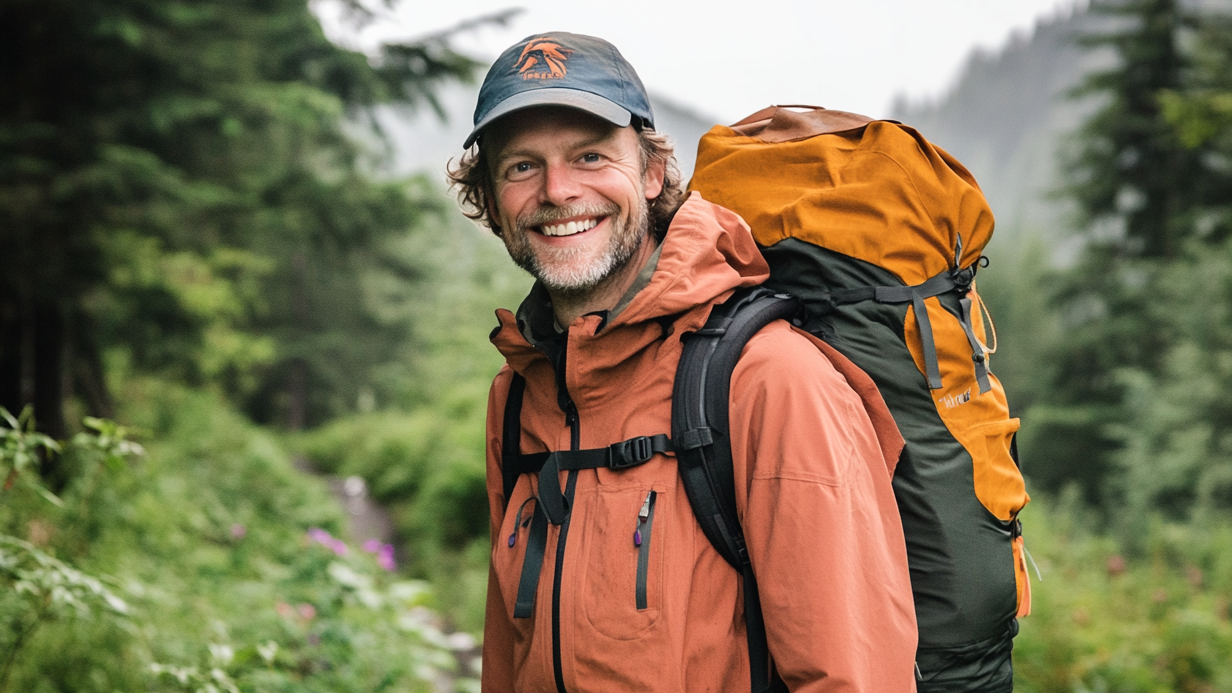
1. Rucking Clears Your Mind, Especially in Nature
Ever feel like your brain is running a mile a minute, and no amount of screen breaks or deep breaths can slow it down? That’s how I used to feel constantly—overwhelmed, unfocused, and stuck in my own head. Rucking has helped me tremendously.
Rucking has this way of quieting all that mental noise, and for me, it’s even more powerful when I’m outside in nature. There’s something about walking through a forest trail or along a quiet riverside path, hearing the rustle of leaves or the crunch of dirt underfoot, that makes everything else fade away. It’s not just anecdotal, either—research shows that spending time in nature reduces stress, anxiety, and even symptoms of depression.
When I ruck through a wooded trail or open park, I feel grounded. The combination of the rhythmic motion, the weight of the pack on my back, and the fresh air is like therapy. On those days when my head feels full of chaos, stepping outside and hitting the trail with my ruck is like giving my brain permission to slow down and reset.
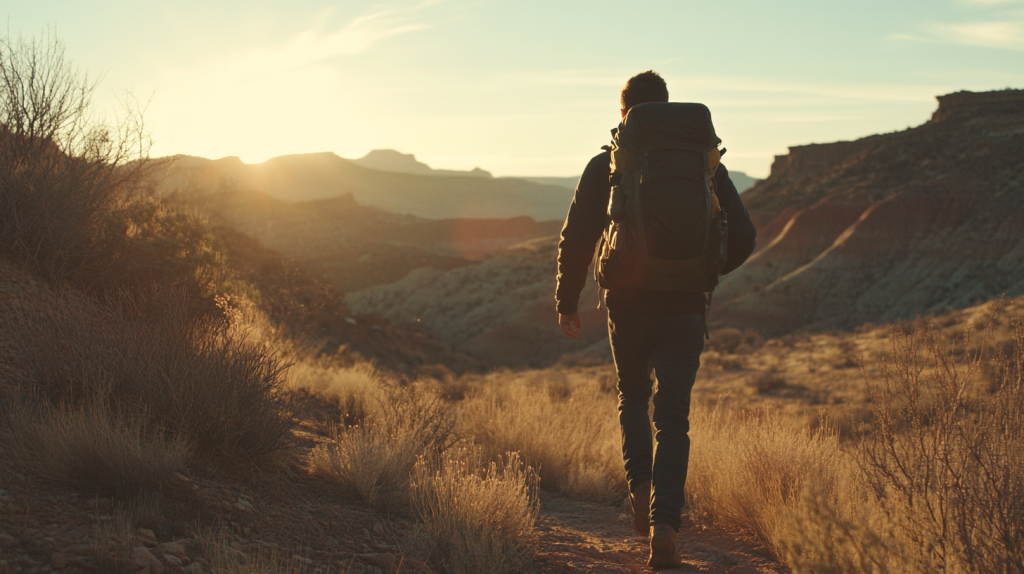
2. Sunlight: A Natural Mood Booster
One of the underrated mental health benefits of rucking—especially when you’re out during the day—is exposure to sunlight. Spending time in natural light helps your body produce vitamin D, which is essential for regulating mood and warding off symptoms of depression. If you’ve ever felt the blahs during the winter months, you might be familiar with Seasonal Affective Disorder (SAD), which is often tied to a lack of sunlight.
Rucking gets you outside and soaking up those rays, even if it’s just for 30 minutes. For me, rucking in the morning or early afternoon feels like a double win: I get my steps in and some sunlight, which leaves me feeling more energized and alert for the rest of the day. Plus, sunlight exposure helps regulate your sleep cycle by syncing up your internal clock (circadian rhythm), so you’re more likely to get quality rest at night—a crucial factor for mental health.
Even on cloudy days, being outside still gives you some exposure to natural light, which is way better than being stuck indoors under artificial lighting. So, the next time you ruck, make sure to appreciate how the sunlight is doing more for you than just brightening your path—it’s brightening your mood too!
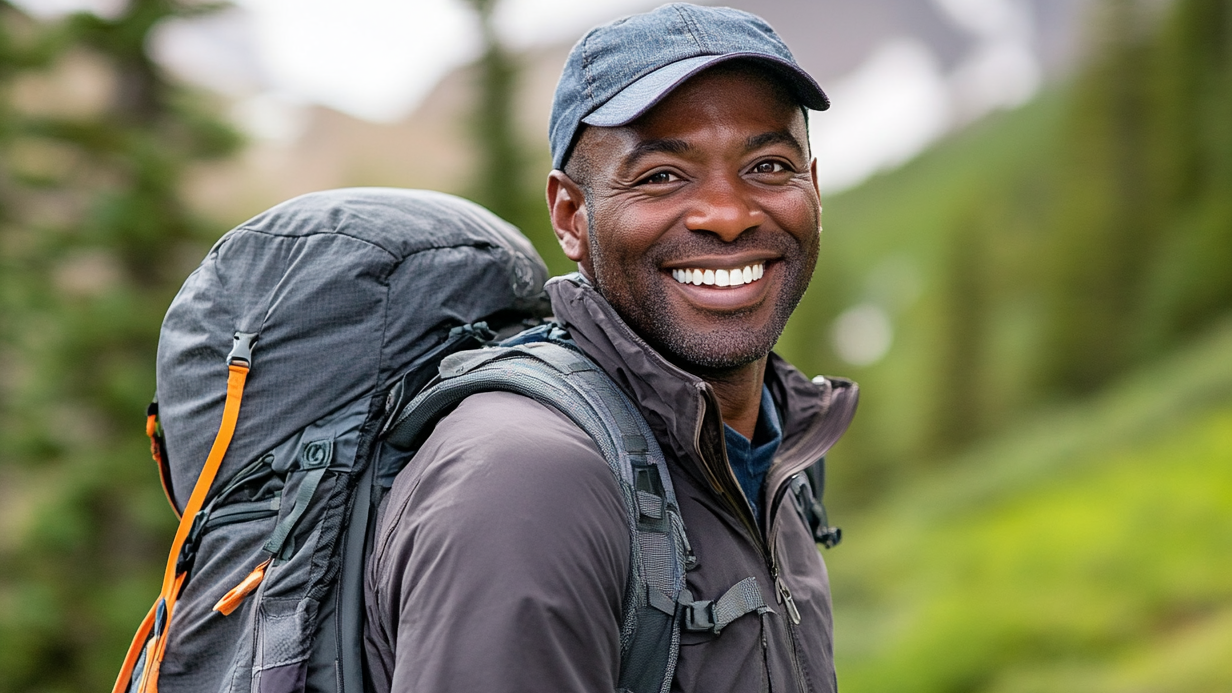
3. It Combats Anxiety and Depression
Anxiety and depression can feel like carrying an invisible weight around all the time. The irony? Carrying an actual weight during a ruck can help ease that mental burden. The combination of physical activity and being outside is a natural mood booster. Studies have shown that walking in green spaces significantly reduces symptoms of anxiety and depression, and when you throw rucking into the mix, you’re engaging your body in a way that’s both challenging and rewarding.
Personally, I’ve had days where anxiety hits hard. When I feel that familiar tightness in my chest or racing thoughts, my first instinct now is to lace up my boots and throw on my ruck. It doesn’t always “fix” everything, but it does take the edge off, helping me feel more in control and grounded. By the time I’m back, the world feels just a little less overwhelming.
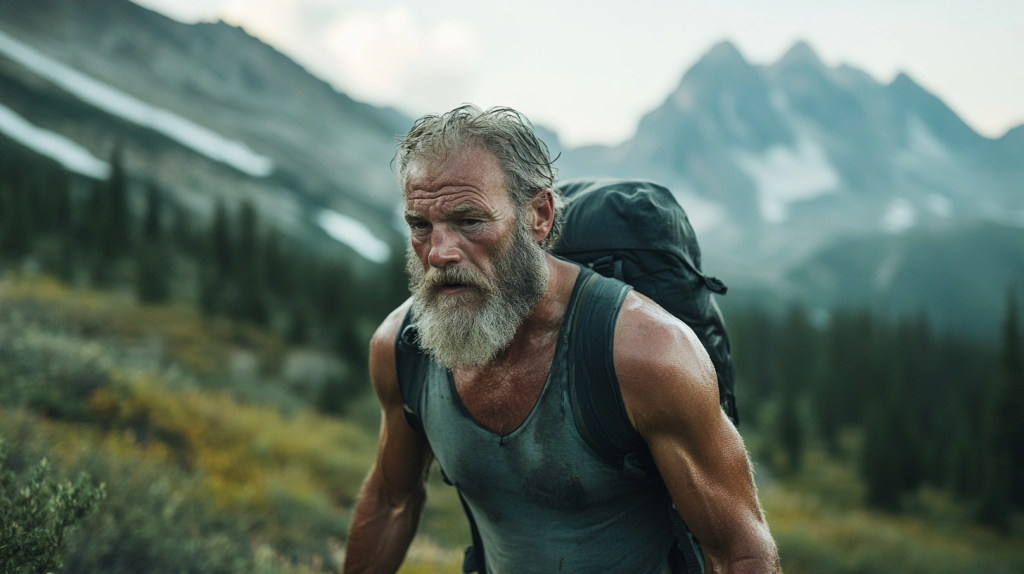
4. Rucking Builds Mental Resilience
Here’s the thing about rucking—it’s not always easy. There’s a reason why they call it “embracing the suck.” Your shoulders might ache, your legs might burn, and you might even curse the weight on your back (I know I have multiple times). But you keep going. Step by step, you push through, and when you finish, you feel this immense sense of accomplishment.
That toughness carries over into other parts of your life. Rucking taught me how to deal with challenges head-on, one small step at a time. Now, when life throws curveballs my way, I think back to the times I finished a brutal ruck and remind myself, “You’ve done harder things. You’ve got this.”
It’s not just me, either. Rucking has roots in military training, where it’s used to build not just physical endurance but mental toughness. When you ruck regularly, you’re training your brain to persevere and stay focused, no matter what.

5. It’s a Community, Not Just a Workout
One of the unexpected mental health perks of rucking is the sense of community. If you join a local ruck group or participate in a GoRuck challenge, you’ll find yourself surrounded by like-minded people who get it. There’s something special about struggling through a tough ruck together, sharing stories, and cheering each other on.
I’ve met some of my closest friends through rucking. Those connections remind me that I’m not alone, whether I’m dealing with a heavy pack or a heavy heart. Sometimes, just knowing there are people in your corner makes all the difference.
Not feeling conversation? Bring your dog for a ruck. Most 4 legged friends appreciate the exercise and outdoor time.
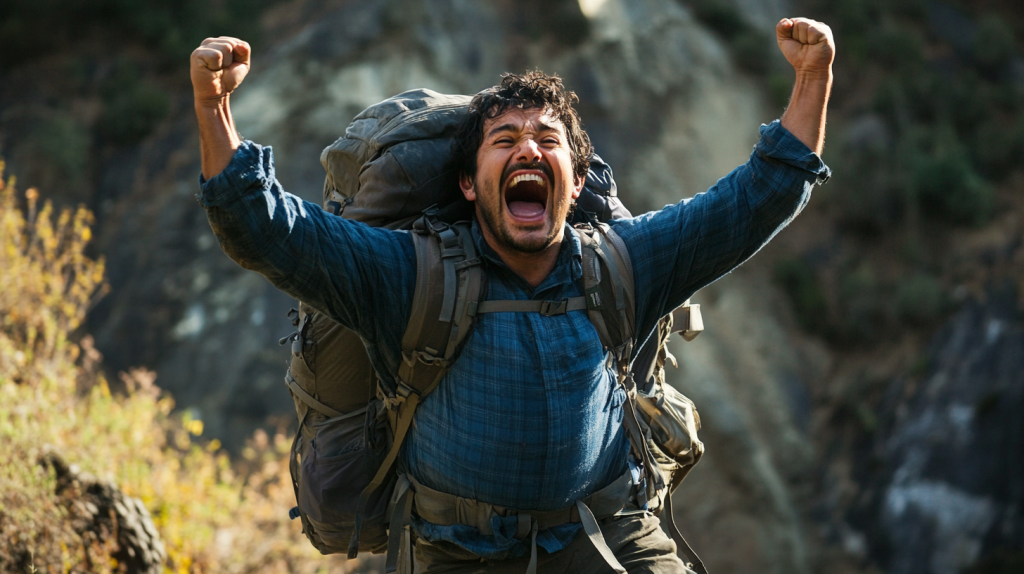
6. You Feel Like a Badass (and That’s Good for You)
Carrying a weighted backpack and tackling miles might not sound glamorous, but trust me—it feels incredible. There’s a certain confidence that comes from knowing you’re strong enough to carry heavy loads, both literally and figuratively.
On days when my self-esteem is dragging, rucking gives me a boost. It’s a reminder that I’m capable, tough, and ready to take on whatever life throws at me. That feeling of empowerment can do wonders for your mental health.
How to Get Started
If you’re reading this and thinking, “Maybe rucking could help me too,” I encourage you to give it a shot. You don’t need fancy gear to start—just a sturdy backpack, some weight (like books or sandbags), and comfortable shoes. Start with short distances and lighter weight, then gradually build up as you get stronger.
And don’t forget to checkout our guide to start rucking.
Final Thoughts
Rucking has been a game-changer for my mental health. It’s not just exercise—it’s therapy, mindfulness, and a confidence booster all rolled into one. If you’re feeling stressed, anxious, or just stuck in your own head, give rucking a try. You might find, like I did, that it’s the perfect way to carry your mental burdens a little lighter.
So, grab your pack, hit the trail, and see what happens. You’ve got nothing to lose—except maybe a little stress.

